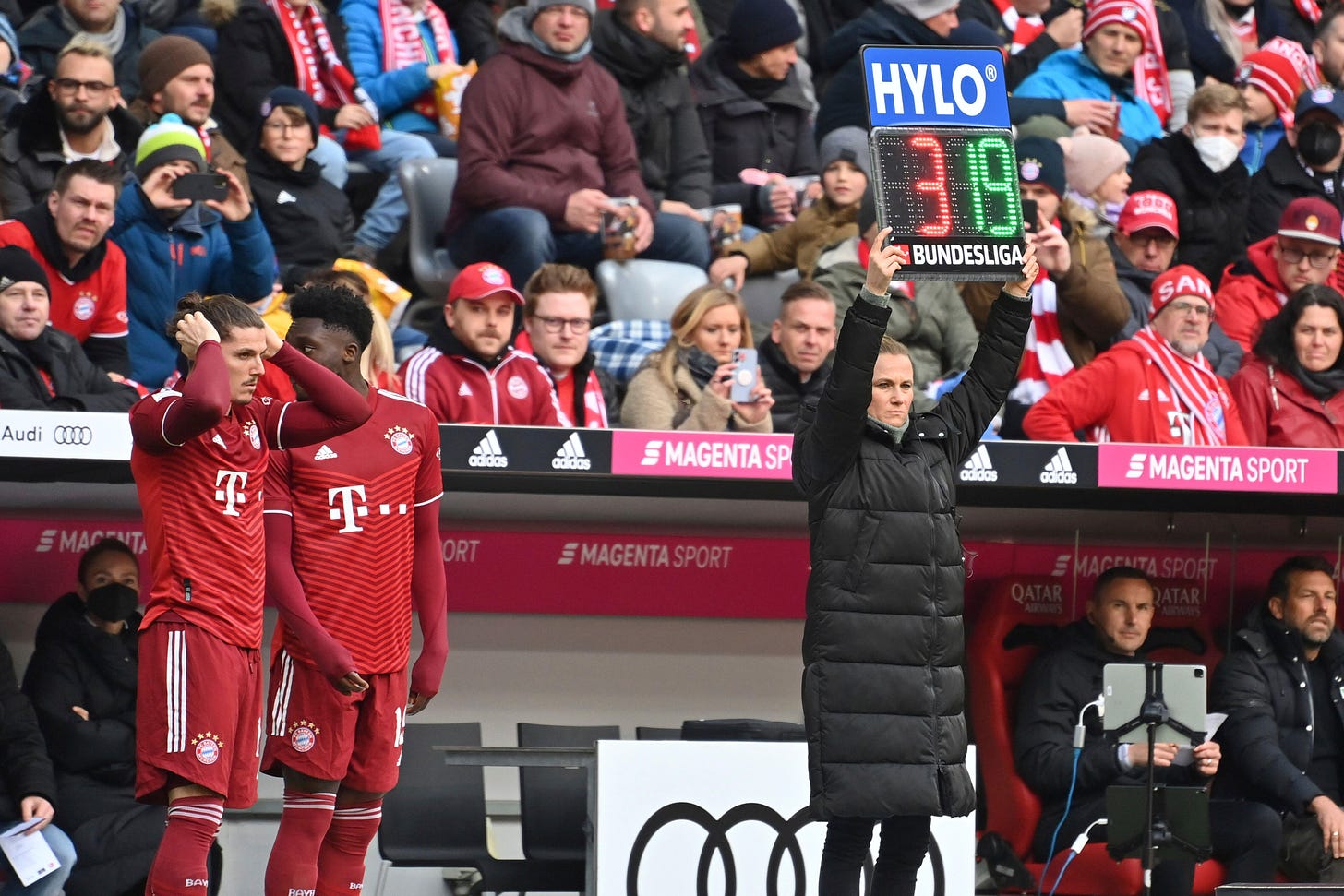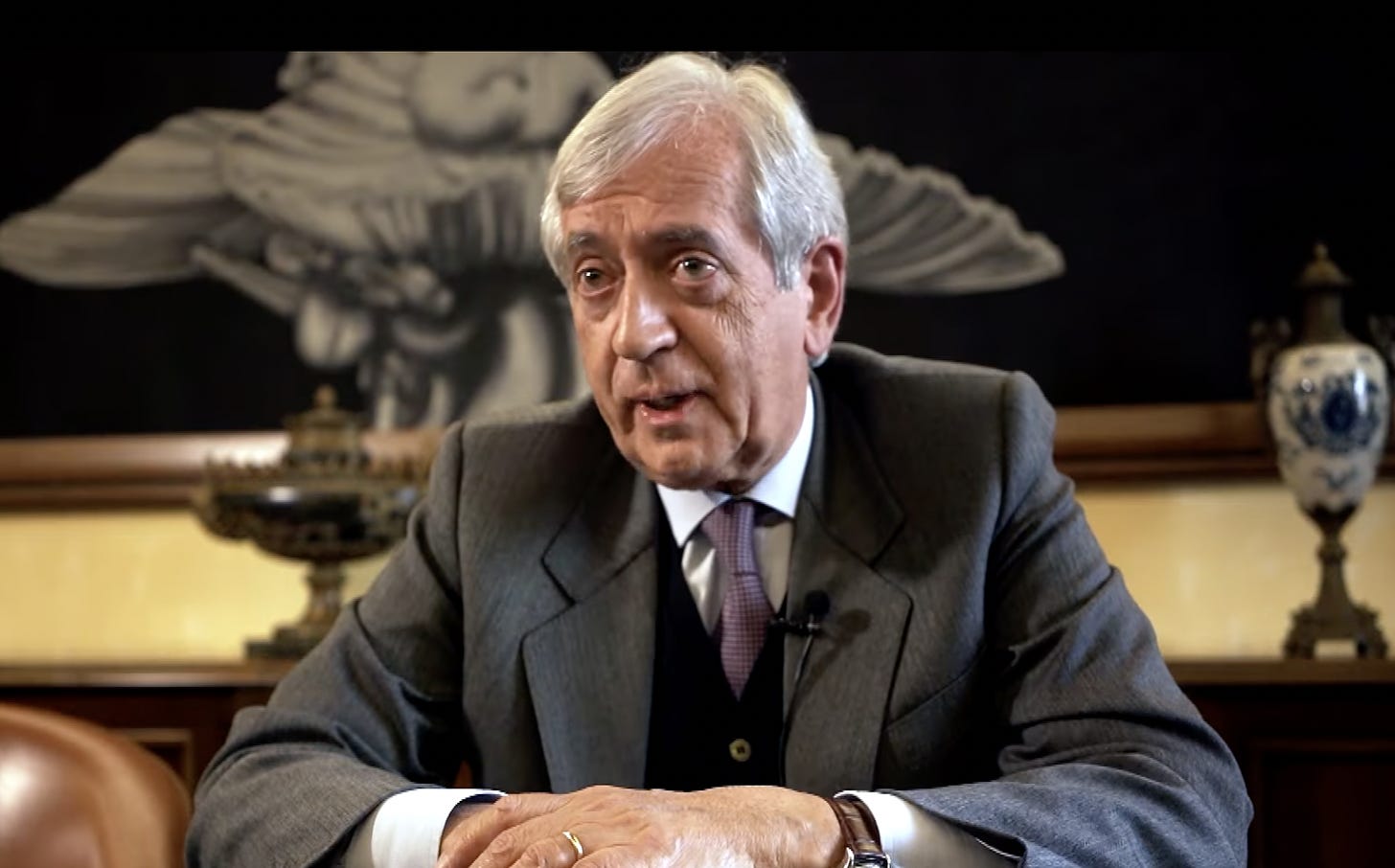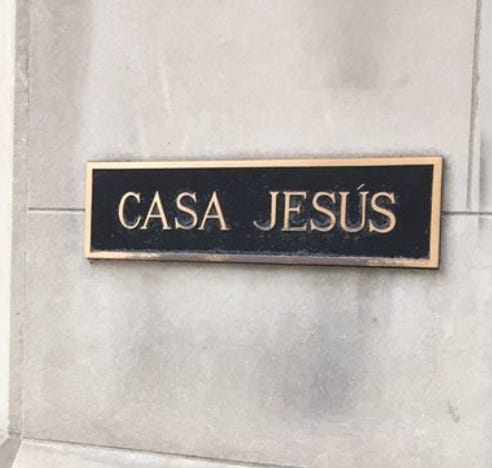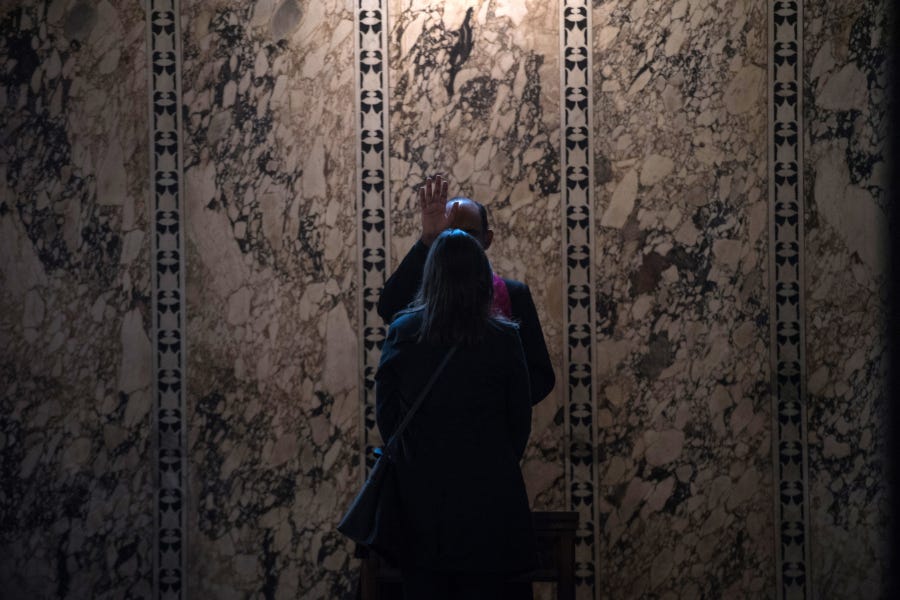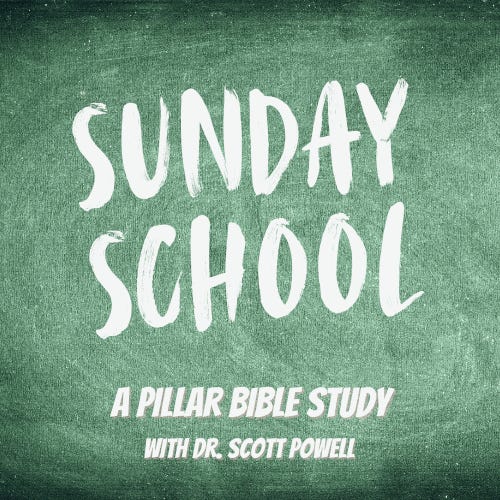A year ago this week, prosecutors handed down a nearly 500 page indictment in the Vatican financial scandal, charging ten individuals with crimes in Vatican City.
Since then, trial-watchers have seen 12 months of legal back and forth, in the courtroom and the press, with the accused (most of them) taking their turns before judges to assert their innocence.
This week, the trial gets to the second half —lawyers for both sides will begin calling witnesses to help make their case.
So for those of you just tuning in as we head into the second year of the Vatican’s trial of the century, The Pillar presents The Vatican Financial Trial Halftime Report™, absolutely not brought to you using funds designated for the charitable priorities of the Holy See.
The scoreboard
Lawyers for the accused looked to make early headway in the opening months of the trial, launching a blitz offensive of procedural objections.
Defense wins championships, and defense lawyers piled pressure on the prosecution in the opening rounds, with a range of objections about filing the full transcripts of evidence from witnesses, and the way the investigation was conducted.
But the defense team failed to put many points on the board: after agreeing to reopen the investigative phase for several charges, the prosecutors refiled all but one of the original charges.
Still, prosecutors haven’t exactly been lighting up the scoreboard either.
With the different defendants coming through the court to answer questions, there’s been no obvious breakthrough to put prosecutors clearly in the lead.

As the two sides gear up for the second half, the only one clearly behind is the Vatican itself — it’s down about €136 million, after confirming the final sale price of the London building at 60 Sloane Ave, the purchase of which kicked off the whole investigation and trial to begin with.
Key players
Cardinal Angelo Becciu
All eyes have been on the Sardinian who, after Pope Francis dropped him from his curial team in September, 2020, has converted himself from the Vatican’s midfield coordinator into a dogged defender of his own reputation.
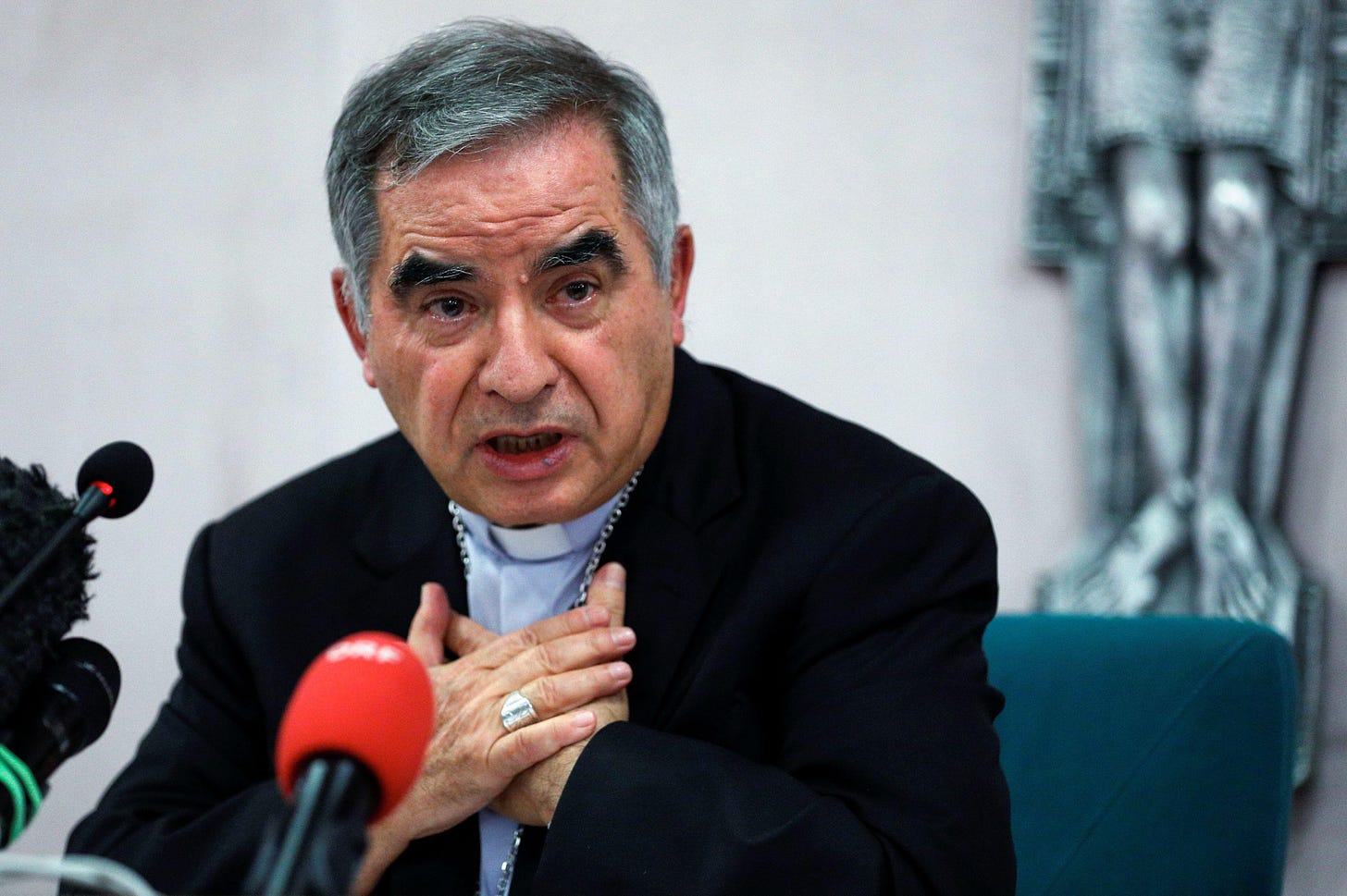
Whether trying to clear allegations that he funneled hundreds of thousands of euros in Church funds into the personal accounts of family members, or tackle charges that he used Vatican funds to pay for an off-books intelligence operation through Cecilia Marogna, the cardinal has launched himself into the fray with his signature theatrical style.
Becciu had to make a controversial change in his tactics, however, after Pope Francis waived the protections of the pontifical secret and left the cardinal looking exposed.
Once a consummate team player, Becciu has left open defensive liabilities during the trial, playing a sharp counter-attack style, and kicking the legal ball (and responsibility) back to his former captain, the pope, on a rage of sensitive questions — from private spies, to London real estate deals.
For many in the stands, it has looked like an unexpectedly strong first half performance from Becciu.
But real questions remain unanswered, both about his conduct as sostituto at the Secretariat of State, and about how his defense can hold up under sustained pressure from prosecution witnesses.
—
Alessandro Diddi
The combustible star mafia defense lawyer-turned Vatican prosecutor has been the face of the prosecution’s offense throughout the trial so far.
No one in the courtroom can doubt his passion for playing the game, or his ability to get under defendants’ skin.
Chief judge Giuseppe Pignatone has needed to call several time-outs in proceedings, as tempers have flared between Diddi and Cardinal Becciu on the court.
But for all his aggressiveness in front of goal, few of Diddi’s shots have found the back of the net.
As the trial enters the witness phase, much will depend on Diddi’s second half approach, and his ability to find the right questions — and the right people to ask them of. That will prove if he’s been wasting his chances, or boxing the defendants into a corner in the sessions so far.
—
Raffaele Mincione
The Vatican’s former money manager had his financial tactics repeatedly questioned in June, during his own turn before the judges.
Instead, Becciu’s successor Archbishop Peña Parra called a now-famous audible and pulled the secretariat’s investments from Mincione early, costing them tens of millions in penalties and leaving them with a building they took a big loss trying to sell.
But for all his supposedly sound tactics, it’s Mincione’s side connections that continue to draw scrutiny.
While he’s currently on his third attempt to sue his way back to a good name in the high finance game, he’s still not given a coherent account of his dealings with Gianluigi Torzi, the man who brokered the Vatican’s exit from Mincione’s fund.
And even today, Italian press are reporting new links to Enrico Crasso, the former Swiss banker and Vatican investment manager of Rocketman and Road to Nowhere fame.
Still on the sidelines
While the court has now heard from most of the defendants, some big players have yet to take the field.
Gianluigi Torzi, who is technically on the lam after skipping bail following his arrest in Vatican City in 2020, has yet to put in an appearance — he spent much of the last year in London fighting off extradition proceedings to Italy, where he is wanted on a range of charges related to the crimes of extortion, money laundering, embezzlement and fraud he faces in the Vatican.
In the course of his UK legal fights, Torzi has made some colorful accusations against his co-defendants, including that Crasso and former Secretariat of State official Fabrizio Tirabassi bragged about blackmailing Vatican officials, and offered him prostitutes before threatening him and his family to get him to hand over control of the London investment.
Should Torzi show up in the courtroom, it could be a game changer.
Cecilia Marogna has also not appeared in Vatican City after beating out an extradition request made to Italian authorities in Milan in 2020.
The self-styled geopolitical strategist and security consultant has previously told Italian media that she worked with Italian intelligence services on the Vatican’s behalf (something the Italian spooks have denied) while also acting as a private spy for Becciu — she’s also claimed to have compiled dossiers on the private moral failings of senior Vatican officials for Becciu.
If she repeats those allegations in court, expect Becciu to have to find a new line of defense. Fast.
The highlight reel
During one of several fiery exchanges with Becciu, prosecutor Diddi appeared last month to suggest the cardinal suffered from a highly selective memory loss limited to his financial decisions in office.
In a dramatic response, Becciu banged his hand on a courtroom table, and protested he’s only ever acted in the Vatican’s best interests.
When asked about red flags raised by the London property deal, the former director of the Vatican’s financial intelligence agency, Tomasso Di Ruzza was asked why he didn’t refer the deal for investigation. “Who should I have denounced,” he answered with thinly veiled incredulity, “the sostituto?”
What to watch for
What comes next is not the intriguing part of the Vatican trial’s second half.
It’s who comes next that really matters.
Having heard the defendants’ side of the story, it’s now for prosecutors to bring in witnesses to stand up their charges for them — and who they choose to call will say a lot about how serious they are about making their case stick.
The ghost haunting the courtroom — literally on one occasion — has been Msgr. Alberto Perlasca, the star witness in the investigation which resulted in the current charges. So far, he’s only been heard in leaked clips of video depositions, while his account has been roundly criticized by defendants in court.
Will he get the chance to speak?
Former prefect of the Secretariat for the Economy and long-time sparring partner of Becciu, Cardinal George Pell has publicly weighed in on the ex-sostituto’s evidence to the court already, but will he get the chance to walk judges through what it was like trying to impose financial reform of the Secretariat of State, and what he found while trying?
Libero Milone, the Vatican’s first auditor general was a high-profile casualty of the turf war between Becciu’s Secretariat of State and Pell’s Secretariat for the Economy in the years leading up to 2017.
Milone was forced to resign under threat of prosecution after Becciu accused him of “spying” on his private financial affairs. His account of what he found could be very illuminating, given the current charge sheet facing the cardinal. But, given Becciu used his appearance in court to tie Milone’s ouster to Pope Francis personally, it’s anyone’s guess if the prosecutors feel they have the freedom to call Milone to testify.
And finally, hovering above the accusations and charges facing senior officials and advisors to his department has been the Cardinal Secretary of State himself, Pietro Parolin.
According to what Becciu has said, everything suspect he might have approved was done on the say-so of someone above or below him in the departmental pecking order, with Becciu himself essentially just an uncomprehending functionary in the middle.
Given the appearance of his own signature on key documents in the London property deal, it will be interesting to see how Cardinal Parolin views how things were done in his own department, and where he thinks responsibility lies.
Stay tuned, sports fans, you won’t want to miss all the action in the second half!


